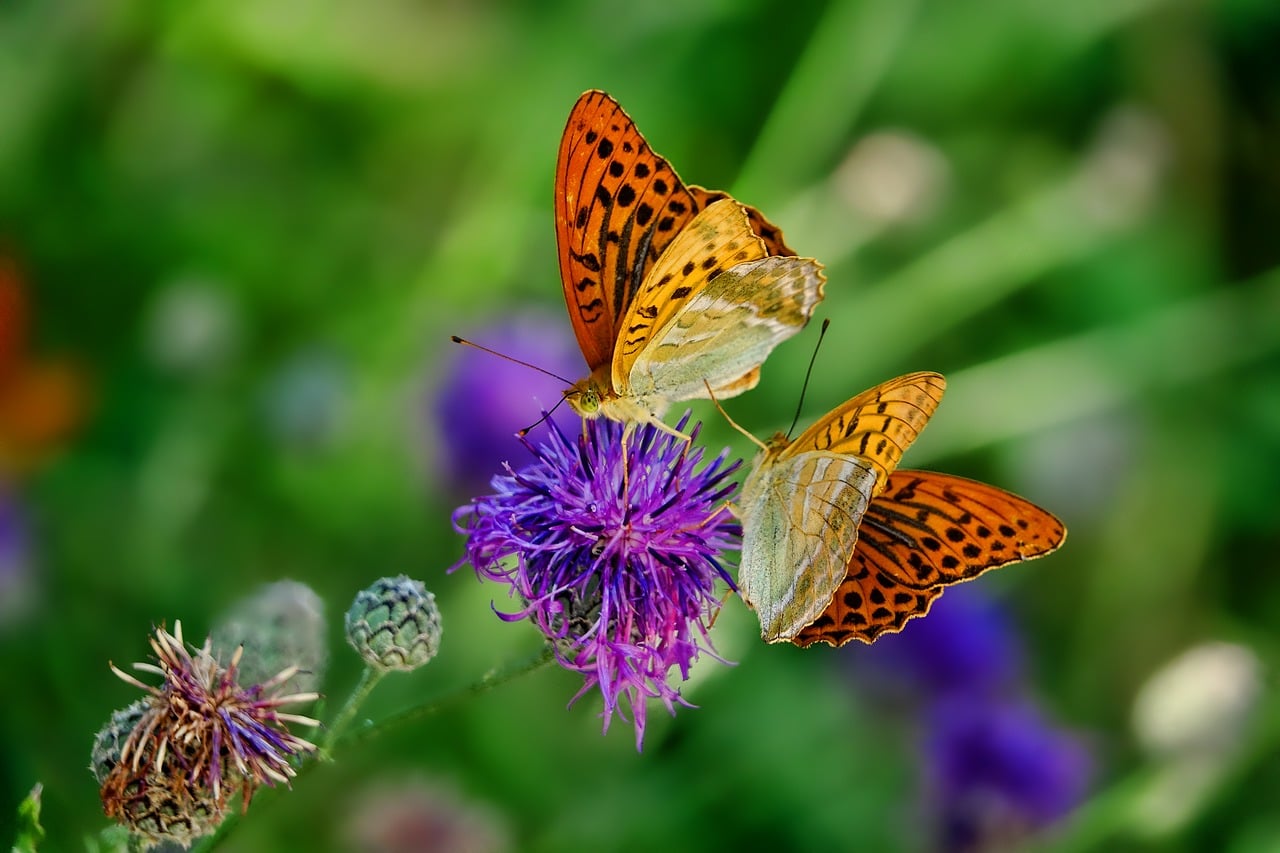New research conducted by the University of East Anglia found that male fertility in insects has been endangered thanks to the rapidly growing climate change. After exposing a group of beetles to experimental heatwaves in the lab, they found that male fertility was reduced.
Researchers have published the findings of their study in the journal Nature Communications, revealing the risk of climate change and its consequences on sperm in insects. The study points out that the negative effects of the heatwaves on insects lasts through generations.
The team also said that this study could help explain why global warming impacts certain species so much, while also answering questions regarding the climate-related extinctions that have occurred in the last few years.
“We know that biodiversity is suffering under climate change, but the specific causes and sensitivities are hard to pin down,” research group leader Professor Matt Gage, said in a statement. “We’ve shown in this work that sperm function is an especially sensitive trait when the environment heats up, and in a model system representing a huge amount of global biodiversity.”
The professor also said that these functions in insects are extremely important for the population to last, adding that these findings show the reason biodiversity is suffering due to global warming, warning that the hotter atmosphere is more hazardous to populations, especially because of the heatwaves that are more and more frequent every summer.
“Heatwaves are particularly damaging extreme weather events. Local extinctions are known to occur when temperature changes become too intense. We wanted to know why this happens. And one answer could be related to sperm,” Gage said.
For the purpose of their study, the team studied the red flour beetle (Tribolium casteneum) to see what effect the heatwaves have on male fertility in insects. The insects were exposed to standard control conditions, or five-day heatwave conditions, which were five to seven degrees Celsius above what is considered their thermal optimum.
After that, the team conducted different experiments to see if there was damage to reproduction in the insects, including sperm function and offspring quality. The climate-controlled group had no problems reproducing. With the insects that experienced the heatwave, fertility in male insects was reduced by three quarters, and any sperm that was produced couldn’t migrate to the female insect, and ending up dying before fertilization took place.
“Our research shows that heatwaves halve male reproductive fitness, and it was surprising how consistent the effect was,” Kirs Sales, a postgraduate researcher who led the research, said.
The group also discovered that the effects of being exposed to artificially created climate change caused some impact on male sexual behavior, meaning that the males didn’t show the will to mate as much as they used to.
“Two concerning results were the impact of successive heatwaves on males, and the impacts of heatwaves on future generations,” said Sales. “When males were exposed to two heatwave events 10 days apart, their offspring production was less than 1 percent of the control group. Insects in nature are likely to experience multiple heatwave events, which could become a problem for population productivity if male reproduction cannot adapt or recover.”
The heatwaves affected generations
The team also found that fertility in male insects wasn’t the only problem, but also the offspring that came from the heatwaved dads. The offspring lived a couple of months shorter as opposed to the offspring of dads that weren’t exposed to artificial heatwaves.
Moreover, when the time for the offspring to mate came, the researchers found that their reproduction behavior was also affected, with sons not being able to fertilize their mates, resulting in it producing less offspring.





